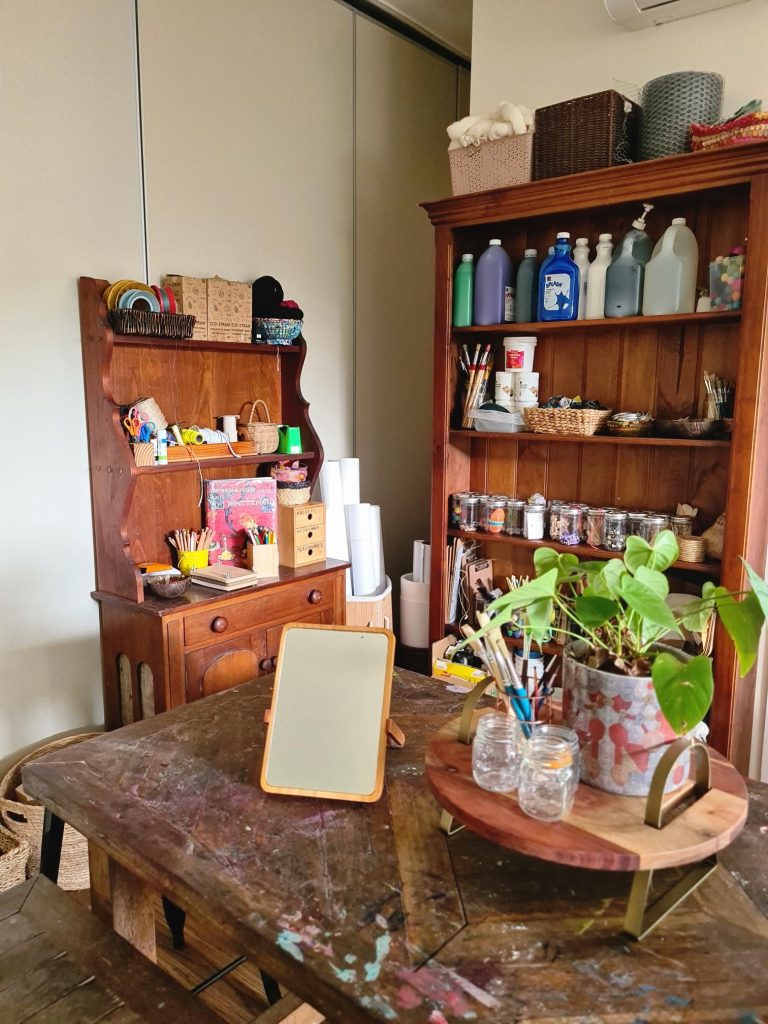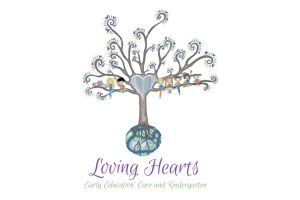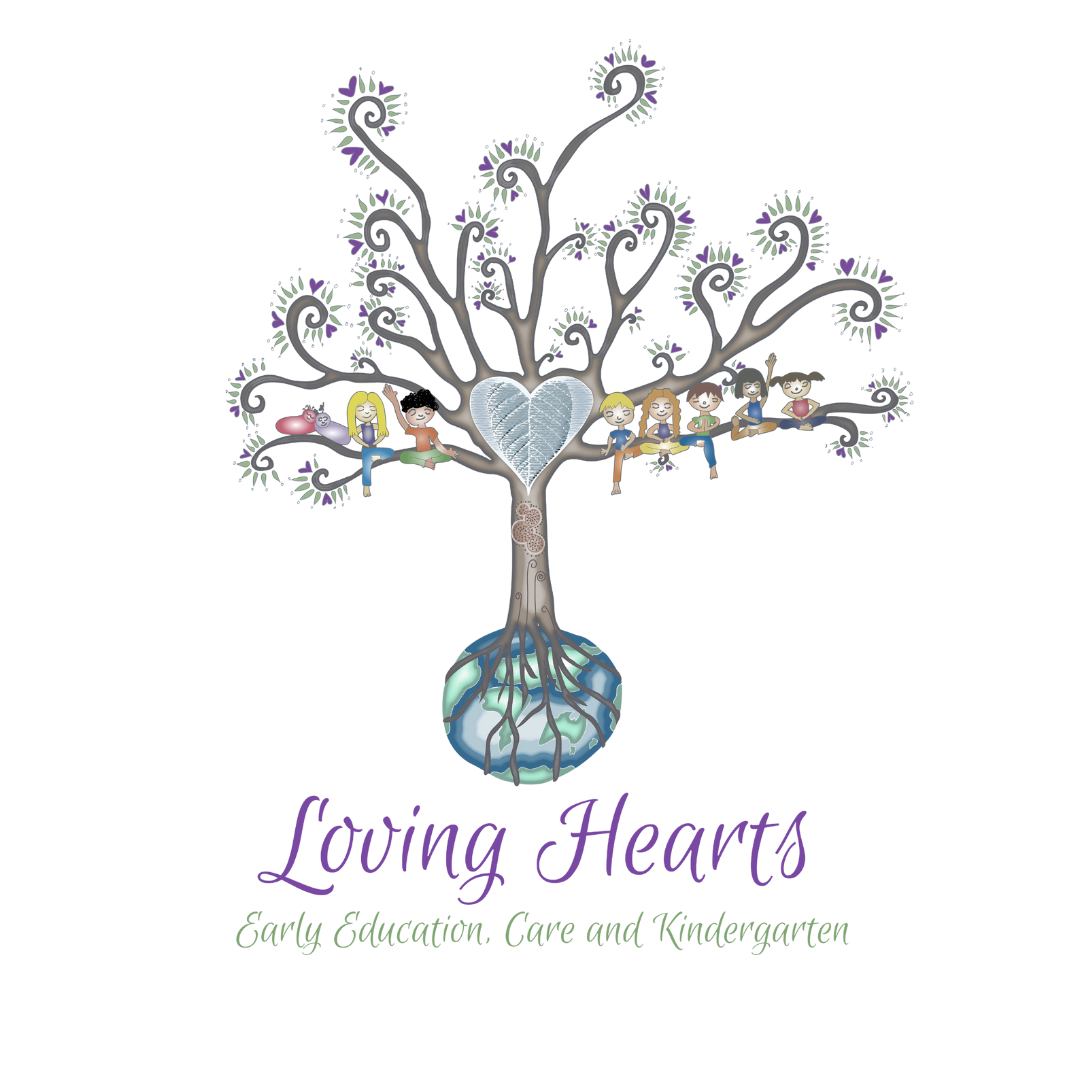Loving Hearts Philosophy Declarations
"Currumbin,” in the language of the Tulgigin people, means a place where tall trees grow.
“We are blessed to bring up our children in the beautiful Currumbin Valley, where the rainforest is breathtaking, and our community is rich. We understand that we have a responsibility as citizens of this Valley to harness the spirit of our surroundings; the spirit of the Valley that the Tulgigin people before us understood. We have a responsibility to bring the beauty and life of the Currumbin Valley into the daily practices within our centre.
Our environment is vital for ensuring that this connection of place and people is meaningful. We endeavour to ensure that our environment is beautifully cared for and designed with purpose to enable children to feel the benefits of establishing themselves as part of a community which values beauty in the world. We endeavour to bring as much nature and natural equipment into the environments we present as possible, enabling children to establish a connection with our outside environment and community inside our centre. We understand the importance of our responsibility as custodians of this beautiful landscape and community to be connected and build a relationship with nature to ensure that our youngest citizens understand their role in advocating for its preservation!
“I love playing with my best friends”
We also understand that nature is paramount in ensuring that our children are grounded and connected to a greater part of themselves; that they can use their connection to nature to regenerate their spirit and build upon their health in a holistic way. Nature is a wonderful tool to help children self-regulate and be present in the moment. It pulls us into being in the moment and appreciating the wonders of the world. We utilise tools such as yoga and meditation to allow children to build these connections, which we hope will become a lifelong endeavour. During or Bush Kindy sessions the children participate in Dadirri (deep listening) at the beginning of each session to encourage them to connect to the land.
We grow edible plants for children to understand the cycle of food. We appreciate, as Rudolf Steiner did, the importance of children developing an understanding of where food comes from. We grow gardens to ensure that children have a part in the process of harvesting and cultivating foods, enabling them to understand and appreciate food in an organic manner and in turn allowing for experimentation with all the sensory experiences that food enables us to explore. Growing our own food also connects us to the seasons and enables us to see how food growth is affected by these; this is extended with our Bush Tucker Garden where we have indigenous plants growing and it connects us to our First Nations peoples who would have depended on these foods for their nourishment.

“I have always loved our chats, our laughs, and our connection in our passion for embedding first nations perspectives authentically”
We then explore where our food ends its days, and the cycle continues as we compost our foods and bring them back to the Earth. Our centre is passionate about ensuring that the food our children eat is presented with love and care, as we value health and nutrition.
Our environment extends to the resources that we use. We endeavour to utilise loose parts as a valued resource, to allow children to work with items that have more than one method of usage. A great deal of research has gone into understanding that children’s cognitive thinking is enhanced when we provide children with a variety of methods for how something might work (Nicolson 1971). In this way we ensure that children are given the opportunity to develop a love of learning by building on their natural curiosity and sense of wonder about the world that surrounds them.
We see the child as a capable and unique citizen of our society with multiple intelligences (Dr Gardener). We see children as the initiators of their own learning journey, and we are the facilitators of this guiding and enhancing their experiences when this is necessary (Vygotsky). As children are born with 100 languages (Malaguzzi), it is our role as their educators to understand that these are present in everything that they do, to respect their space, and understand that they have their own unique cups to fill and allow them the opportunities to do this (Phoenix Cups System).
Each child will be greatly influenced by their primary educators: their families. We see it as our responsibility to get to know each family, their culture and that of their extended family, as we are an extension of this and aim to utilise this knowledge to create meaningful opportunities to explore and extend upon each family’s culture (Bronfenbrenner).
We also acknowledge that the culture of our land comes directly from our First Nations people. The language of the Tulgigin peoples culture comes from the sounds that we hear and the earth that we know, and therefore enhancing our knowledge and understanding of the Yugambeh language is an important part of developing a stronger connection to the land. We are blessed to have several community members to guide us in this journey but wish to acknowledge the teachings of our Yugambeh speaking Elder, Uncle Allan, as our primary source of information and guidance. We are also aware of the importance of the multitude of Indigenous teachings throughout our great land and extend this to the people of the Torres Straight Islands.

“Being included in the Loving Hearts family gives me the opportunity to share my knowledge so that the children can experience our (Aboriginal) Culture”
Our name ‘Loving Hearts’ encompasses our philosophy as a whole; the heart of each of us is vital to provide nourishment to every aspect of the body, so too do we look to provide enrichment to the lives of each individual who enters these doors. We look to provide a place where love envelopes us, makes us feel cared for, and protects and nourishes us every moment of every day. As each tree has roots, we know that each family has roots. Our role is to support these foundations so that each child in our care feels safe, has a sense of belonging, and feels connected to their greater community.
Nyanyahbu
(See you later)
References.
In consultation with Uncle Allan Lena, Traditional Custodian and Elder of the Yugambeh Language Group/ Bundjalung nation
National Quality Framework; Early Years Learning Framework; Queensland Kindergarten Learning Framework
United Nations convention on the rights of the child
United Nations sustainable development goals
Dr. Howard Gardener ‘Theory of Multiple intelligences’
Revisited and Reviewed December 2022

